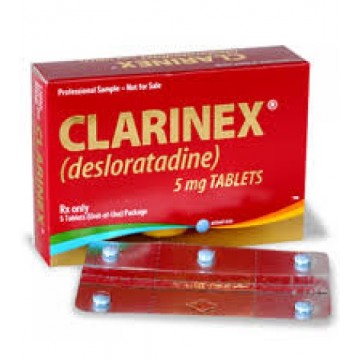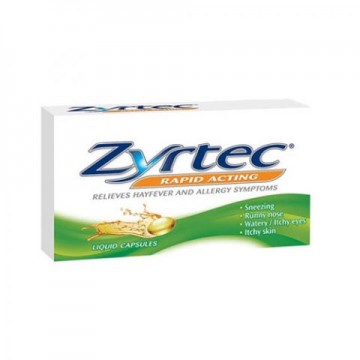Claritin (Loratadine)
Synonyms: Cozy, Loratidin, Loridin Reptab, Aerotina, Alarin, Alavert, Alerpriv, Allertidin, Bedix Loratadina, Biloina
Claritin (Loratadine) is an antihistamine used to treat the symptoms of hay fever and other allergic conditions such as watery eyes, runny nose (rhinitis), itching eyes, and sneezing. It may also be used to treat hives








